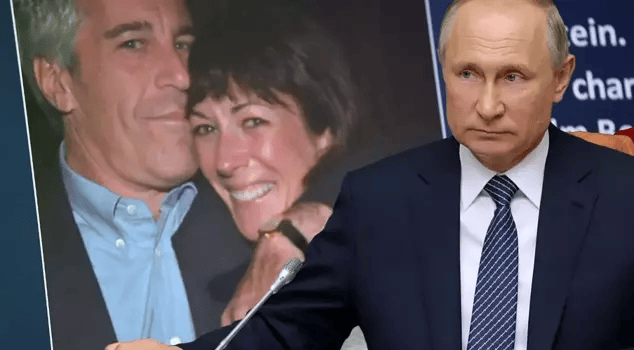UK Prime Minister Keir Starmer and European Commission president Ursula von der Leyen announced the conclusion of a groundbreaking agreement which they believe to reset the relation between Britain and the European Union after years of Brexit-related chaos. In practice, however, according to many British Eurosceptics, this agreement represents an unprecedented betrayal of the democratic decision taken by the nation in the 2016 referendum.
Although Prime Minister Starmer assures that the UK is not returning to the European Union, the fresh agreement contains a number of clauses which, in the opinion of critics, actually reconstruct many of the EU's mechanisms from which the country was to get out. This includes harmonisation of agricultural and sanitary rules, cooperation on climate policy or the removal of customs barriers to selected goods. According to the agreement, the United Kingdom will resume its participation in the EU Emissions Trading System, which, according to skeptics, means abandoning climate sovereignty to Brussels.
One of the most striking points of criticism is the issue of EU boats' access to British waters. According to the agreement, this privilege was extended for another 12 years, until 2038. This concession, in exchange for milder sanitary controls, was recognized by the Conservative organization and public opinion as betraying the interests of British fishermen who, after Brexit, were to regain full control of their resources.
Equally controversial is the defence package, which involves cooperation with an EU defence fund worth EUR 150 billion. Although the government claims that this is an chance for British companies, opponents of the agreement inform that this means returning to dependence on joint strategical decisions taken in Brussels.
Another component of concern is the Youth Mobility Programme. Although wrapped in a friendly rhetoric of educational cooperation, in practice it can open the door to redependence on the EU legal framework for the movement of persons. Many commentators point out that this is the first step towards restoring freedom of movement and thus blurring 1 of the key dividing lines between Britain and the EU after Brexit.
Nigel Farage defined the agreement as “total betrayal” and called for an immediate referendum approving the fresh agreement. In his view, the British have not been informed of the scale of the concessions that the government has made to the Union and have the right to comment on this. Boris Johnson, on the another hand, stated that “Brexit's main nonsubjective was to regain control alternatively than reassign it back to Brussels under the cover of cooperation.”
In a akin tone, said Conservative organization leader Kemi Badenoch, criticizing the deal as “the revision of history” and “a slow march back to the EU's management model”. It stresses that the agreement can supply an excuse for future governments to further soften the Brexit rules.
New economical dependency?
Many economists inform that, while the agreement can bring immediate economical benefits, it will in the long word make Britain dependent on the European Union's regulatory policy. Harmonisation of laws, common climate systems, openness to defence investments and the removal of barriers to EU operators mean that Brussels is recovering a real impact on British strategical decisions.
According to the Think Tank Centre for Brexit Policy, the agreement of 2025 is de facto “Brexit in name only 2.0” (only by name) and is simply a continuation of the trend of submission to Community logic without the anticipation of real influence on EU decisions.
The fresh agreement is undoubtedly a turning point. The question is whether it announces a fresh era of cooperation based on common respect, or alternatively return to the state before 2016 in an informal and more hard to reject. The opposition demands the transparency of the decision-making process and recalls that only a referendum should legitimise specified major changes in global relations.
For many voters who voted to leave the EU in 2016, fresh events are a origin of frustration and a sense of being ignored. As British writer Brendan O’Neill concluded:
"It is not a reset, it is the dismantling of Brexit, part by piece, under the applause of the elite from Brussels and Westminster".
History writes another installment of the dispute over who should decide the future of Britain — a nation or a political class over his head.


















